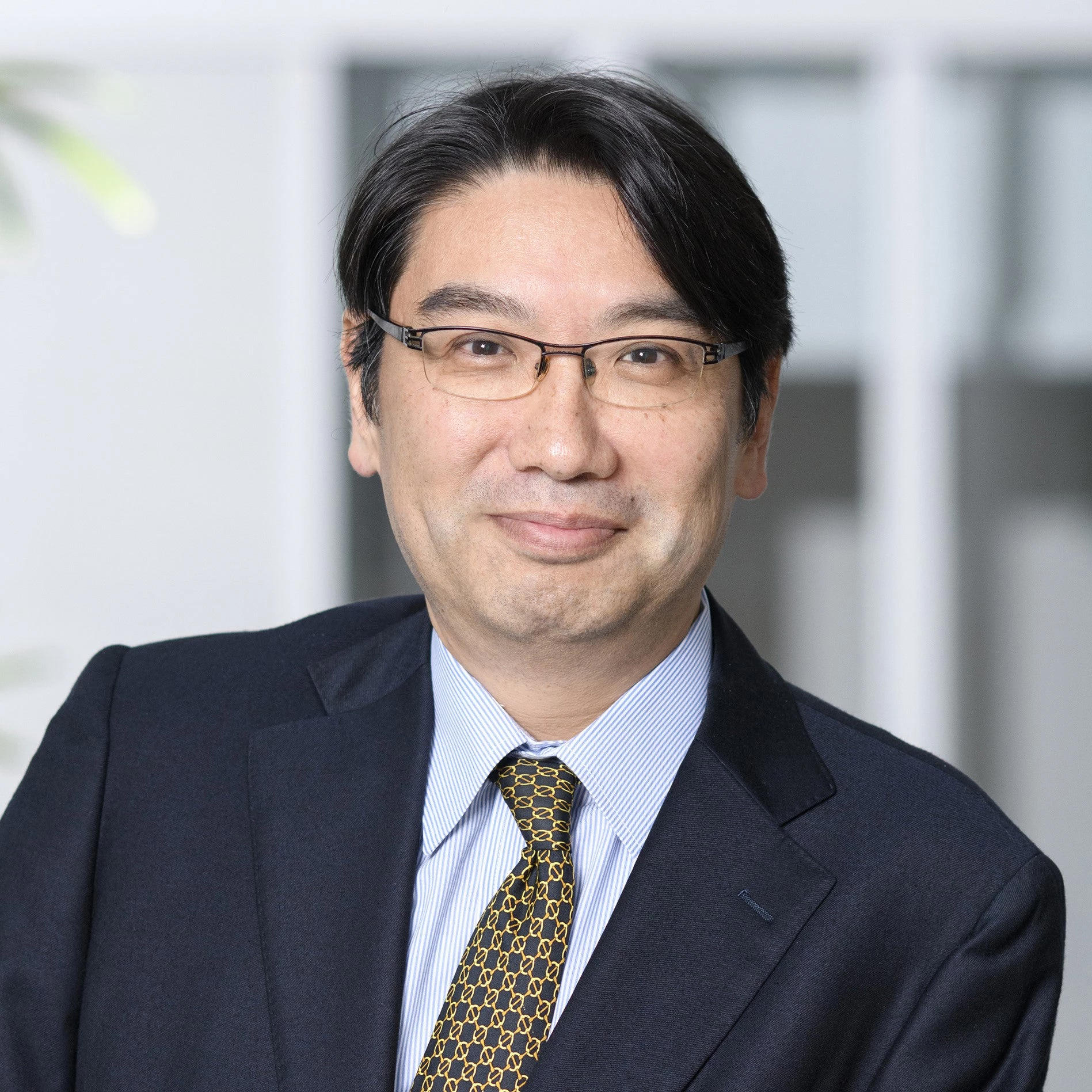 1. A MIGA guarantee helped finance the construction of a new university campus for the Mohammed VI Polytechnic University (UM6P) near Morocco’s capital city of Rabat.
1. A MIGA guarantee helped finance the construction of a new university campus for the Mohammed VI Polytechnic University (UM6P) near Morocco’s capital city of Rabat.
As investment into developing nations drops, MIGA innovates.
The United Nations Conference on Trade and Development recently reported that global foreign direct investment (FDI) flows dropped by almost a third in the second quarter of 2022, with flows to several emerging regions down significantly and flows to Africa near zero. The outlook for FDI next year is gloomy at best.
While FDI is considered critical for capital formation in and knowledge transfer to emerging economies, FDI flows to these nations have been relatively flat for a decade and have not kept pace with their overall economic growth.
New Products
MIGA (the Multilateral Investment Guarantee Agency, part of the World Bank Group), whose mission is to promote investment into developing countries, has expanded its product mix to adapt to this reality. MIGA was established in 1988 and initially specialized in using political risk insurance to help stimulate FDI.
In 2009, to augment its traditional products supporting FDI, MIGA created the first of several alternative guarantee products to promote emerging market investment by other means.
It introduced its Capital Optimization product, which protects global banks from expropriation of capital reserves they hold in emerging market central banks. This product can free up capital for new local loans that boost development, including into key areas such as climate finance, small and medium enterprises, and women-owned businesses.
Demand for the Capital Optimization product has grown steadily since its debut, and it continues to help boost credit and liquidity in emerging and developing economies today, especially during the COVID-19 pandemic.
For example, in June 2020 MIGA issued guarantees of up to $235 million to a wholly owned subsidiary of South Africa’s FirstRand Group to cover reserves it holds in Botswana, Eswatini, Ghana, Lesotho, Mozambique, Nigeria, and Zambia. The MIGA guarantee enabled more lending by the bank in those nations.
Insuring Loans to Governments
MIGA innovated again and in 2010 deployed the Non-Honoring of Financial Obligations product, which encourages private sector loans to governments by protecting against losses that would result if they failed to make payments.
A twist on the original non-honoring guarantee was launched in 2013: It extended non-honoring coverage to loans made to sub-sovereign and state-owned entities.
Recent examples of projects enabled by MIGA’s non-honoring products include a university campus in Morocco, a port in Colombia, a green mortgage program in Peru, and loans to support small businesses and the housing sector in Paraguay, among others.
While MIGA’s traditional political risk insurance remains crucial to support FDI, the new product categories have seen robust growth in recent years as they have supported countries in need during the polycrisis. Together they now form a majority of MIGA’s annual issuance over the past five years.
COVID and Trade
The recent COVID crisis provided another opportunity for MIGA to innovate, adapting existing guarantee products to provide speedy access to liquidity and meet immediate needs. In 2021 and 2022 MIGA provided guarantees that enabled the procurement of urgent COVID medical supplies and services in multiple nations, as well guarantees to counter the adverse economic impacts of the pandemic.
MIGA’s guarantees helped modernize the health system in the Bahamas, provided working capital to the government of Mexico to bolster its COVID response, supported a green and inclusive recovery from the pandemic in Serbia, and improved access to finance for small and women-led businesses in Cambodia that were under financial pressure due to COVID, among many other COVID-related projects on five continents.
The pandemic also created global supply chain bottlenecks and an urgent need for critical goods to flow more easily between countries. That required an increase in trade finance, which typically takes the form of letters of credit and other bank instruments that can reduce the payment risks involved in international trade.
So last year MIGA created a new Trade Finance Guarantee product to support trade flows of critical goods, including food and medical equipment, in low-income and fragile countries to help revitalize global supply chains damaged by the pandemic. The first new guarantee went live in collaboration with IFC in November with a $20 million line of credit to Rwanda’s Bank of Kigali, and more are on the way.
Just as the Trade Finance Guarantee was rolled out with IFC, MIGA’s successful implementation of its guarantee products relies on the strong relationship MIGA has with IFC and the World Bank. In the most risky places, MIGA also benefits from the support of various trust funds and the IDA Private Sector Window. At the end of the day, we are one World Bank Group coordinating to improve lives and livelihoods in emerging market and developing economies.
As MIGA finalizes its next three-year strategy, innovation will surely continue to play an important part. While MIGA will always focus on its core mission of supporting cross-border FDI, new products and new approaches allow the agency to address development impact challenges such as climate change and other global public goods.


Join the Conversation